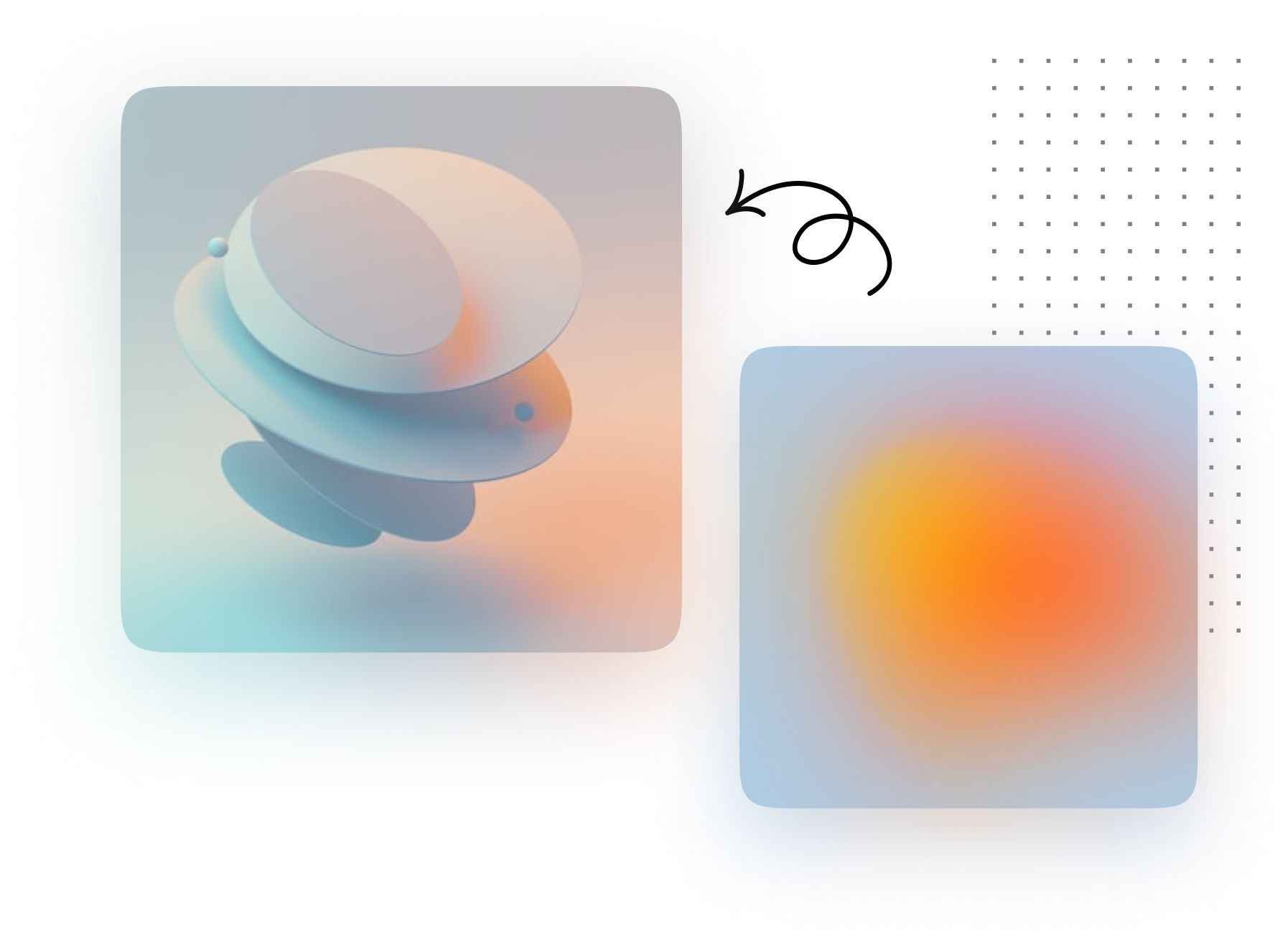Discover And Create NFTs
Discover, Create and Sell NFTs On Our NFT Marketplace With Over Thousands Of NFTs And Get a $20 bonus.
Weekly — Top NFT
Top Collection
| Collection | Volume | 24h % | Floor Price | Owners | Items | ||
|---|---|---|---|---|---|---|---|
|
8,456
+ 27,78%
|
+ 27,78% | 3,5 | 2.2K | 500 | |||
|
8,456
+ 27,78%
|
+ 27,78% | 7,9 | 3.4K | 900 | |||
|
8,456
+ 27,78%
|
+ 27,78% | 3,5 | 2.2K | 500 | |||
|
8,456
+ 27,78%
|
+ 27,78% | 7,9 | 3.4K | 900 | |||
Explore Marketplace
-
 07h 09 m 12s
07h 09 m 12sSun-Glass
PLACE BIDCurrent bid1.75 -
 07h 09 m 12s
07h 09 m 12sSun-Glass
PLACE BIDCurrent bid1.75 -
 07h 09 m 12s
07h 09 m 12sSun-Glass
PLACE BIDCurrent bid1.75 -
 07h 09 m 12s
07h 09 m 12sSun-Glass
PLACE BIDCurrent bid1.75 -
 07h 09 m 12s
07h 09 m 12sSun-Glass
PLACE BIDCurrent bid1.75 -
 07h 09 m 12s
07h 09 m 12sSun-Glass
PLACE BIDCurrent bid1.75 -
 07h 09 m 12s
07h 09 m 12sSun-Glass
PLACE BIDCurrent bid1.75 -
 07h 09 m 12s
07h 09 m 12sSun-Glass
PLACE BIDCurrent bid1.75
-
 07h 09 m 12s
07h 09 m 12sSun-Glass
PLACE BIDCurrent bid1.75 -
 07h 09 m 12s
07h 09 m 12sSun-Glass
PLACE BIDCurrent bid1.75 -
 07h 09 m 12s
07h 09 m 12sSun-Glass
PLACE BIDCurrent bid1.75 -
 07h 09 m 12s
07h 09 m 12sSun-Glass
PLACE BIDCurrent bid1.75 -
 07h 09 m 12s
07h 09 m 12sSun-Glass
PLACE BIDCurrent bid1.75 -
 07h 09 m 12s
07h 09 m 12sSun-Glass
PLACE BIDCurrent bid1.75 -
 07h 09 m 12s
07h 09 m 12sSun-Glass
PLACE BIDCurrent bid1.75 -
 07h 09 m 12s
07h 09 m 12sSun-Glass
PLACE BIDCurrent bid1.75
-
 07h 09 m 12s
07h 09 m 12sSun-Glass
PLACE BIDCurrent bid1.75 -
 07h 09 m 12s
07h 09 m 12sSun-Glass
PLACE BIDCurrent bid1.75 -
 07h 09 m 12s
07h 09 m 12sSun-Glass
PLACE BIDCurrent bid1.75 -
 07h 09 m 12s
07h 09 m 12sSun-Glass
PLACE BIDCurrent bid1.75 -
 07h 09 m 12s
07h 09 m 12sSun-Glass
PLACE BIDCurrent bid1.75 -
 07h 09 m 12s
07h 09 m 12sSun-Glass
PLACE BIDCurrent bid1.75 -
 07h 09 m 12s
07h 09 m 12sSun-Glass
PLACE BIDCurrent bid1.75 -
 07h 09 m 12s
07h 09 m 12sSun-Glass
PLACE BIDCurrent bid1.75
-
 07h 09 m 12s
07h 09 m 12sSun-Glass
PLACE BIDCurrent bid1.75 -
 07h 09 m 12s
07h 09 m 12sSun-Glass
PLACE BIDCurrent bid1.75 -
 07h 09 m 12s
07h 09 m 12sSun-Glass
PLACE BIDCurrent bid1.75 -
 07h 09 m 12s
07h 09 m 12sSun-Glass
PLACE BIDCurrent bid1.75 -
 07h 09 m 12s
07h 09 m 12sSun-Glass
PLACE BIDCurrent bid1.75 -
 07h 09 m 12s
07h 09 m 12sSun-Glass
PLACE BIDCurrent bid1.75 -
 07h 09 m 12s
07h 09 m 12sSun-Glass
PLACE BIDCurrent bid1.75 -
 07h 09 m 12s
07h 09 m 12sSun-Glass
PLACE BIDCurrent bid1.75
Just Unleash - Your Inner Collector
- Best Seller All Around World
- $2M+ Transections Every Day
- Secure Transactions
- Exclusive Collections From Sellers
- Easy Buying and Selling
- Join Our Community
Join The Community
Our vibrant community is full of collectors, artists, and enthusiasts who share a passion for one-of-a-kind digital.
Join Our CommunityFrequently Asked Questions
An NFT, or Non-Fungible Token, is a type of digital asset that represents ownership or proof of authenticity
of a unique item or piece of content, such as artwork, music, videos, collectibles, or even virtual real
estate. Unlike cryptocurrencies like Bitcoin or Ethereum, which are fungible and can be exchanged on a
one-to-one basis, NFTs are indivisible and cannot be exchanged on a like-for-like basis. Each NFT has a
distinct value and specific information stored on a blockchain, typically Ethereum, which verifies its
ownership and authenticity. NFTs have gained popularity in the art world and digital collectibles market due
to their ability to provide verifiable ownership and scarcity in the digital realm.
1. Digital Art: NFTs have revolutionized the art industry by allowing artists to tokenize their digital
artworks
and sell them directly to collectors. NFTs provide provenance, authenticity, and traceability, making it
easier for artists to monetize their creations.
2. Collectibles: NFTs are used to create and trade digital collectibles, such as trading cards, virtual pets, or virtual items within video games. These unique items can be bought, sold, and exchanged among collectors.
3. Virtual Real Estate: NFTs enable the ownership and trading of virtual land or real estate within virtual worlds or metaverses. Users can buy, sell, and develop virtual properties, which can have various applications, including gaming, socializing, or hosting virtual events.
4. Music and Royalties: NFTs can be used to tokenize music and grant ownership or access to exclusive content. Artists can sell limited edition albums, concert tickets, or even fractional ownership in songs, allowing fans to participate in the success of their favorite artists.
5. Virtual Identities and Avatars: NFTs can represent virtual identities and avatars that users can own and personalize. These digital personas can be used in virtual worlds, social media platforms, or even as a form of digital identification.
6. Intellectual Property and Licensing: NFTs can be used to establish ownership and manage licensing rights for digital content. Artists, photographers, or content creators can sell licenses for their work, granting specific rights and usage permissions to buyers.
It’s worth noting that the NFT ecosystem is still evolving, and new use cases are emerging as the technology develops further.
2. Collectibles: NFTs are used to create and trade digital collectibles, such as trading cards, virtual pets, or virtual items within video games. These unique items can be bought, sold, and exchanged among collectors.
3. Virtual Real Estate: NFTs enable the ownership and trading of virtual land or real estate within virtual worlds or metaverses. Users can buy, sell, and develop virtual properties, which can have various applications, including gaming, socializing, or hosting virtual events.
4. Music and Royalties: NFTs can be used to tokenize music and grant ownership or access to exclusive content. Artists can sell limited edition albums, concert tickets, or even fractional ownership in songs, allowing fans to participate in the success of their favorite artists.
5. Virtual Identities and Avatars: NFTs can represent virtual identities and avatars that users can own and personalize. These digital personas can be used in virtual worlds, social media platforms, or even as a form of digital identification.
6. Intellectual Property and Licensing: NFTs can be used to establish ownership and manage licensing rights for digital content. Artists, photographers, or content creators can sell licenses for their work, granting specific rights and usage permissions to buyers.
It’s worth noting that the NFT ecosystem is still evolving, and new use cases are emerging as the technology develops further.
The main difference between an NFT (Non-Fungible Token) and cryptocurrency is their inherent nature and
purpose:
1. Fungibility: Cryptocurrencies like Bitcoin or Ethereum are fungible, meaning each unit is interchangeable with another unit of the same value. For example, one Bitcoin can be exchanged for another Bitcoin without any difference in value. NFTs, on the other hand, are non-fungible, meaning each token is unique and cannot be exchanged on a one-to-one basis. Each NFT represents a specific item or piece of content with its own distinct value.
2. Ownership and Authenticity: Cryptocurrencies represent units of value or currency that can be owned and transferred between parties. NFTs, however, represent ownership or proof of authenticity of a unique item or piece of content. They provide a verifiable and transparent way to prove ownership of a digital asset.
3. Use Cases: Cryptocurrencies are primarily used as a medium of exchange, store of value, or investment. They can be used for transactions, payments, or as a speculative asset. NFTs, on the other hand, have various use cases related to digital art, collectibles, virtual assets, intellectual property, and more. They provide a way to tokenize and trade unique digital items.
4. Blockchain: Both cryptocurrencies and NFTs utilize blockchain technology for their operation. Cryptocurrencies typically operate on a blockchain network designed for fast and efficient transactions, whereas NFTs are usually built on blockchain platforms that support more complex data and metadata associated with the unique assets.
5. In summary, cryptocurrencies are fungible digital currencies used for transactions and as a store of value, while NFTs are non-fungible digital assets used to represent ownership or authenticity of unique items or content.
1. Fungibility: Cryptocurrencies like Bitcoin or Ethereum are fungible, meaning each unit is interchangeable with another unit of the same value. For example, one Bitcoin can be exchanged for another Bitcoin without any difference in value. NFTs, on the other hand, are non-fungible, meaning each token is unique and cannot be exchanged on a one-to-one basis. Each NFT represents a specific item or piece of content with its own distinct value.
2. Ownership and Authenticity: Cryptocurrencies represent units of value or currency that can be owned and transferred between parties. NFTs, however, represent ownership or proof of authenticity of a unique item or piece of content. They provide a verifiable and transparent way to prove ownership of a digital asset.
3. Use Cases: Cryptocurrencies are primarily used as a medium of exchange, store of value, or investment. They can be used for transactions, payments, or as a speculative asset. NFTs, on the other hand, have various use cases related to digital art, collectibles, virtual assets, intellectual property, and more. They provide a way to tokenize and trade unique digital items.
4. Blockchain: Both cryptocurrencies and NFTs utilize blockchain technology for their operation. Cryptocurrencies typically operate on a blockchain network designed for fast and efficient transactions, whereas NFTs are usually built on blockchain platforms that support more complex data and metadata associated with the unique assets.
5. In summary, cryptocurrencies are fungible digital currencies used for transactions and as a store of value, while NFTs are non-fungible digital assets used to represent ownership or authenticity of unique items or content.
The value of an NFT can vary widely and is determined by factors such as demand, perceived value, scarcity,
uniqueness, and the reputation of the creator or artist. Some NFTs have sold for millions of dollars, while
others may have little or no value.
It’s important to note that the value of an NFT can be highly subjective and speculative. The market for NFTs is still relatively new and can be influenced by trends, hype, and the overall interest in the digital art or collectibles space.
Additionally, the value of an NFT can change over time, just like any other market. What might be highly valued today may not have the same demand or value in the future.
If you are considering purchasing or selling an NFT, it’s advisable to do thorough research, evaluate the market trends, and consider factors such as the reputation of the creator, the uniqueness of the item, and the overall demand within the NFT ecosystem.
It’s important to note that the value of an NFT can be highly subjective and speculative. The market for NFTs is still relatively new and can be influenced by trends, hype, and the overall interest in the digital art or collectibles space.
Additionally, the value of an NFT can change over time, just like any other market. What might be highly valued today may not have the same demand or value in the future.
If you are considering purchasing or selling an NFT, it’s advisable to do thorough research, evaluate the market trends, and consider factors such as the reputation of the creator, the uniqueness of the item, and the overall demand within the NFT ecosystem.
Cryptocurrency Payments: Accept popular cryptocurrencies like Bitcoin (BTC) or Ethereum (ETH) as payment
methods. Provide users with a secure wallet address to send their cryptocurrency to complete the purchase.
Credit/Debit Card Payments: Integrate a payment gateway that allows users to make purchases using their credit or debit cards. Partner with a reliable payment processor to handle the transactions securely.
Fiat-to-Crypto Conversion: Offer a feature that enables users to convert traditional fiat currency (such as USD, EUR, etc.) into cryptocurrency within your platform. Partner with a reputable cryptocurrency exchange or utilize an API to facilitate the conversion process.
Wallet Integration: Enable users to connect their existing cryptocurrency wallets, such as MetaMask, Trust Wallet, or Coinbase Wallet, to your platform for seamless and secure transactions.
Auctions and Bidding: Implement an auction feature where users can place bids on NFTs, with the highest bidder winning the item. Set specific timeframes for the auction and provide real-time updates on bidding activity.
Fixed Price Sales: Allow artists or creators to set fixed prices for their NFTs. Users can browse the available NFTs and make direct purchases at the listed price.
Secondary Market Sales: Enable users to resell their purchased NFTs on your platform’s secondary market. Implement a commission structure to earn fees from secondary sales.
Escrow Service: Provide an escrow service to ensure secure transactions between buyers and sellers. Hold the funds in escrow until the transaction is completed, providing protection for both parties involved.
Bundle Sales: Allow creators to bundle multiple NFTs together as a package and offer them for sale at a discounted price. This encourages users to purchase multiple items at once.
Subscription Model: Offer a subscription-based model where users pay a recurring fee to access exclusive NFT releases, special content, or benefits.
Remember to prioritize security, user experience, and compliance with relevant regulations when implementing these methods on your platform.
Credit/Debit Card Payments: Integrate a payment gateway that allows users to make purchases using their credit or debit cards. Partner with a reliable payment processor to handle the transactions securely.
Fiat-to-Crypto Conversion: Offer a feature that enables users to convert traditional fiat currency (such as USD, EUR, etc.) into cryptocurrency within your platform. Partner with a reputable cryptocurrency exchange or utilize an API to facilitate the conversion process.
Wallet Integration: Enable users to connect their existing cryptocurrency wallets, such as MetaMask, Trust Wallet, or Coinbase Wallet, to your platform for seamless and secure transactions.
Auctions and Bidding: Implement an auction feature where users can place bids on NFTs, with the highest bidder winning the item. Set specific timeframes for the auction and provide real-time updates on bidding activity.
Fixed Price Sales: Allow artists or creators to set fixed prices for their NFTs. Users can browse the available NFTs and make direct purchases at the listed price.
Secondary Market Sales: Enable users to resell their purchased NFTs on your platform’s secondary market. Implement a commission structure to earn fees from secondary sales.
Escrow Service: Provide an escrow service to ensure secure transactions between buyers and sellers. Hold the funds in escrow until the transaction is completed, providing protection for both parties involved.
Bundle Sales: Allow creators to bundle multiple NFTs together as a package and offer them for sale at a discounted price. This encourages users to purchase multiple items at once.
Subscription Model: Offer a subscription-based model where users pay a recurring fee to access exclusive NFT releases, special content, or benefits.
Remember to prioritize security, user experience, and compliance with relevant regulations when implementing these methods on your platform.
Create and Sell NFTs
World’s Largest NFT Place







